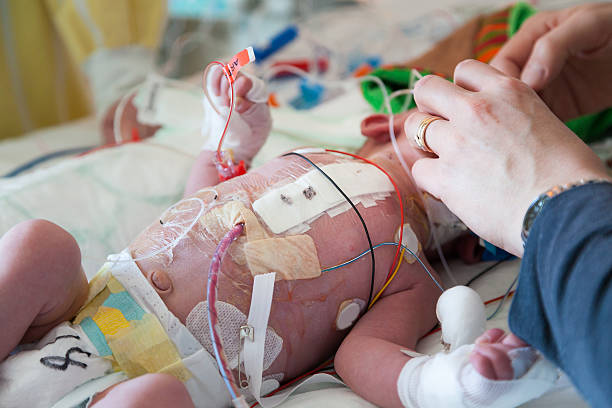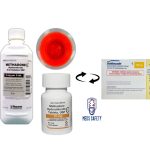Why Some Newborns Need Methadone Post-Surgery – Study

A recent study has illuminated the significant variation in the administration of opioids to infants after surgery. This variance directly influences the length of hospital stay for babies who necessitate methadone treatment, as revealed by the research.
About one in five newborns who undergo hospitalization for surgery to address life-threatening bowel infections are administered opioids to manage pain. In certain cases, these newborns may subsequently require methadone, a medication used to gradually reduce dependence on addictive opioids.
Dr. Lorraine Kelley-Quon, a pediatric surgeon at Children’s Hospital Los Angeles and co-author of the study, emphasized the collective desire to alleviate pain in infants. The intention isn’t to eliminate opioid usage altogether, especially during the critical period following a surgical procedure. Instead, the objective is to comprehensively comprehend the repercussions of opioid usage and to employ them more prudently.
Unlike older children who can receive nonsteroidal anti-inflammatory drugs (NSAIDs) like ibuprofen for pain relief, infants lack this option. Consequently, prolonged administration of opioids to certain infants can lead to withdrawal symptoms, which can manifest as severe irritability, intestinal distress, or even seizures.
In such instances, methadone, a less potent and longer-acting opioid, is administered to alleviate withdrawal symptoms. This study, published in JAMA Network Open, delves into the effects of methadone treatment on the recovery process for infants.
The study encompassed over 2,000 babies from 48 children’s hospitals across the United States. These infants underwent surgical intervention to address necrotizing enterocolitis (NEC), a rare but life-threatening inflammatory condition primarily observed in premature babies. NEC often necessitates emergency surgery in newborns.
The findings indicated that infants requiring methadone experienced an extended hospital stay post-surgery, on average 21 days longer. Additionally, these babies had a prolonged need for ventilator support and intravenous nutrition.
The study underscores a compounding effect, as the duration of opioid usage directly correlates with the likelihood of needing methadone, which, paradoxically, is also an opioid.
One potential solution highlighted by Dr. Kelley-Quon involves standardizing opioid administration practices. The study unearthed significant disparities in opioid usage among different hospitals, with some hospitals employing methadone in over 40% of cases, while others abstain from its use entirely. Establishing a standardized approach could help address these discrepancies and optimize post-surgical care for newborns.
In summary, this research has shed light on the intricate relationship between opioid usage and recovery in newborns after surgical interventions. The study’s implications point toward a more measured and consistent approach to opioid administration, aiming to strike a balance between pain management and avoiding the need for methadone and its associated implications.





